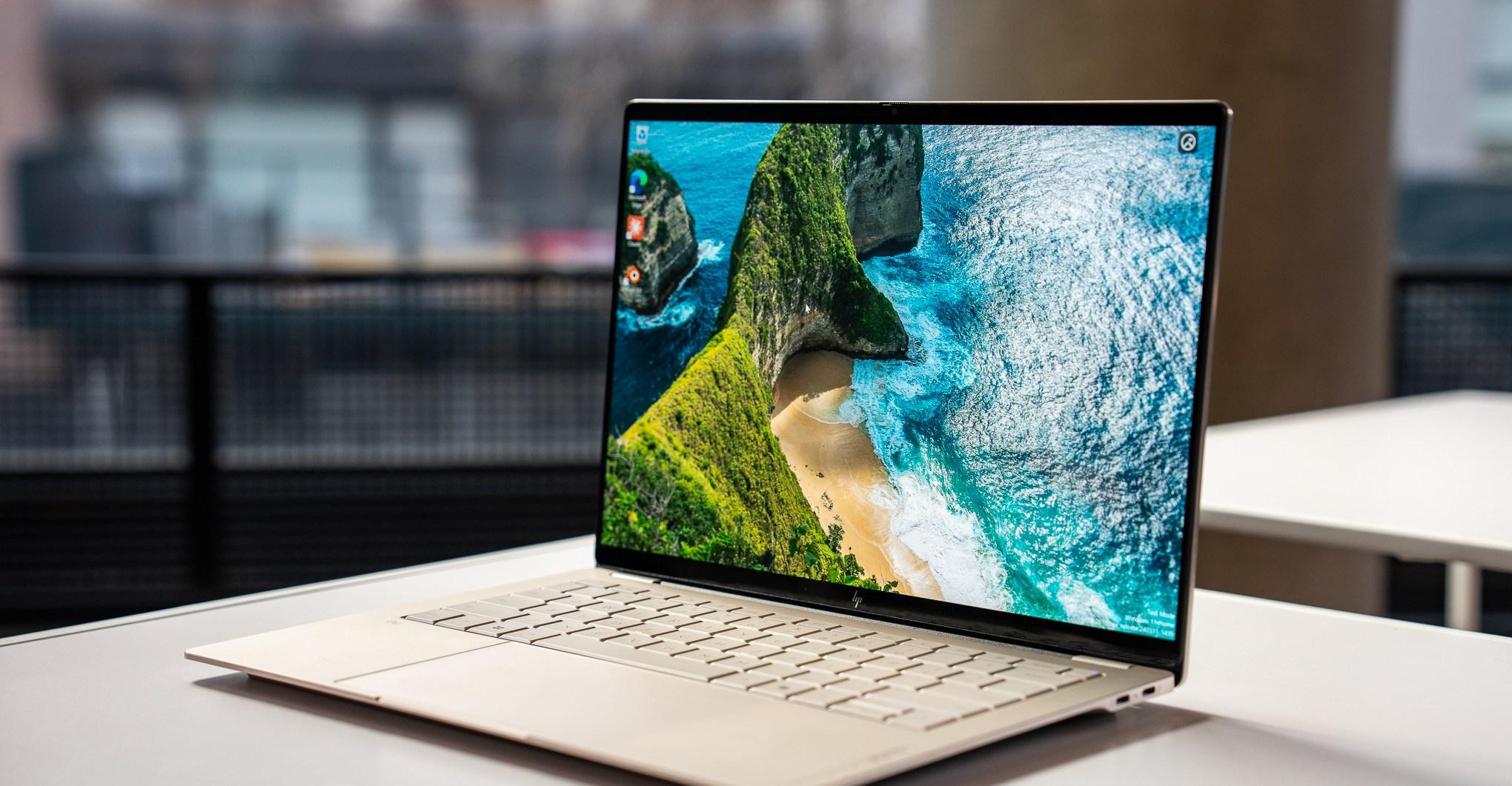Fallout is a mixture of contradictions. In one moment, the games are dark and gruesome; in the next, silly and playful. So when it came time to adapt the series into a streaming show on Amazon, nailing that eclectic tone was key. “I think it’s very fundamental to what Fallout is,” says series co-creator and showrunner Geneva Robertson-Dworet, “this mix of weird comedy and drama and violence and really compelling moral dilemmas.”
- Home
- Technology
- News
The creators of Fallout want the show to have the game’s mix of silly and serious
The cast and creators of the live-action Fallout streaming series on Amazon Prime Video discuss how the show approaches adapting the games.


Unlike other video game adaptations like The Last of Us, Amazon’s Fallout isn’t a direct translation of an existing story. Instead, it takes place in its own corner of the universe. It’s set in Los Angeles, more than two centuries after the nuclear detonation that rendered America a wasteland, which gave the creators some freedom for approaching the challenge of Fallout’s varied tones. Inspired by Sergio Leone’s The Good, the Bad and the Ugly, the story is shown through three main characters with very different perspectives.
The first, Lucy (Yellowjackets’ Ella Purnell), is similar to a Fallout video game protagonist: a vault dweller who grew up in the relative safety of an underground bunker and is experiencing the dangerous postapocalyptic wasteland for the first time. She’s joined by Maximus (Aaron Moten), a member of the militaristic Brotherhood of Steel who desperately wants to be a hero, and The Ghoul (Walton Goggins, HBO’s The Righteous Gemstones), a bounty hunter who has been alive since before the bombs dropped.
“The pivots were the point”
This structure allows the show to create some very Fallout-like contrasts, like the perpetually positive Lucy being forced to deal with a robot trying to harvest her organs or The Ghoul smirking his way through tense shootouts. “It became apparent to us that the pivots were the point,” co-creator and showrunner Graham Wagner says of the shifts in tone. “Yes, we get to do a scene that is horrific and violent. But we can also put that right next to a scene of the banal life of the vault dwellers living underground.”
At times, these shifts could be jarring even for the actors. Purnell notes that it was one of the harder parts of working on the show. “It was one of the challenging things, but very rewarding,” she says. “I almost had to do less and let the writing really speak for itself — everything is already there and all you have to do is highlight what’s already been created.” Moten notes, “It’s exciting as an actor, it keeps you on your toes.”
For Michael Emerson (best known for playing Ben on Lost), who plays Dr. Siggi Wilzig, those constant shifts were important for reinforcing the precarious nature of Fallout’s world and characters. “I like when the heavy is played lightly, and when the light stuff is played for value,” he explains. “Those seemed natural to me, and also consistent with the eclectic narrative of this particular project, where you’re uncertain what the tone of a given moment is, and where it’s going next.”
“I like when the heavy is played lightly, and when the light stuff is played for value.”
According to Westworld co-creator Jonathan Nolan, who served as executive producer and director of Fallout, the differences between the two mediums also presented a challenge. Most notably, games have a lot more time to try different things. The first season of Fallout is eight episodes long, whereas something like Fallout 4 takes at least 30 hours to complete. “One of the advantages that the games have is that you not only have all of these tones, but you can pursue the tone you’re interested in to a certain degree,” Nolan explains. “Your version of playing one of the games might’ve been very different than mine.”
But even though the show doesn’t have the same open-ended nature as the games, since viewers can’t choose which plotlines to follow, its creators say they used a similar approach to crafting the story. “Just like a player of the video game, we go down paths that interest us,” says Wagner. “And we hope that those are shared interests.”
All episodes of Fallout start streaming on Prime Video on April 10th.

Trump’s big change to childhood vaccines, briefly explained
- 12 hours ago

Gold prices plummet in Pakistan, global markets
- an hour ago

What do Venezuelans want for their country?
- 12 hours ago

Emerson’s SmartVoice devices follow verbal instructions without Wi-Fi or a hub
- 5 hours ago
Browns GM: New coach to have say in '26 QB call
- 2 hours ago
Unrivaled prez open to partnering with WNBA
- 13 hours ago
Bangladesh in talks with ICC over fate of cricket World Cup games
- an hour ago

HP’s latest OmniBooks are getting chip bumps and OLED screens
- 5 hours ago

Bosch’s fancy coffee machine is getting Alexa Plus
- 5 hours ago
Iran army chief threatens response to Trump and Netanyahu’s ‘threats’
- an hour ago

TCL challenges RGB LED at CES with its X11L SQD-Mini LED TV
- 14 hours ago

Cozyla’s TV-sized smart calendar makes your home look like a classroom
- 14 hours ago



